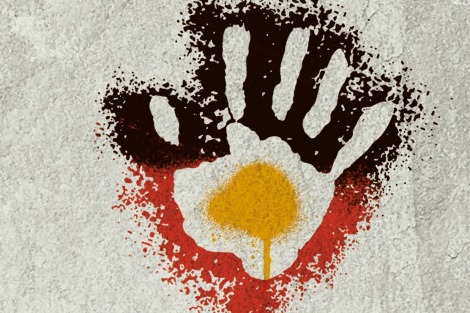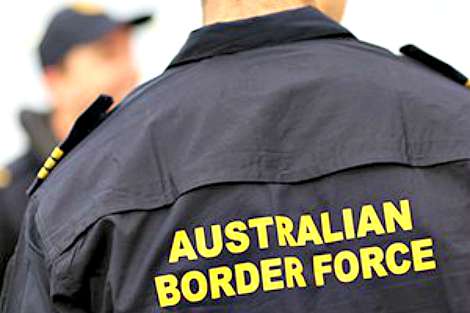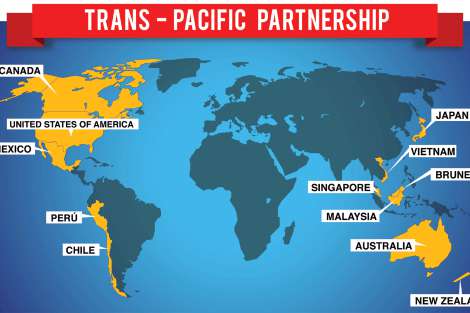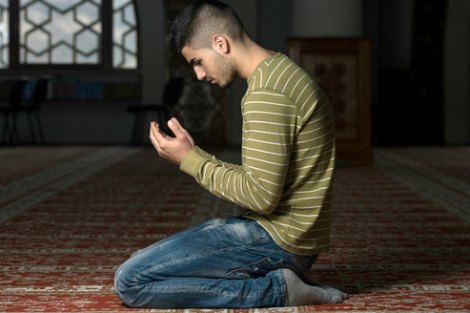Keywords: Building Community
There are more than 200 results, only the first 200 are displayed here.
-

AUSTRALIA
- Frank Brennan
- 23 October 2015
4 Comments
Francis knows there are all sorts of issues inside and outside the Church where for too long people with power have tried to keep the lid on, in the hope that the problems and complexities will go away, often by parodying those who see the problems or complexities as small 'l' liberals or cafeteria Catholics. He delights in being joyful and troubled while contemplating big problems, calling people of good will to the table of deliberation reminding them of the kernel of the Christian gospels. He has the faith and hope needed to lift the lid without fear and without knowing the answers prior to the dialogue occurring.
READ MORE
-

AUSTRALIA
- Frank Brennan
- 16 October 2015
2 Comments
I acknowledge those Aborigines and Torres Strait Islanders who insist that they have never ceded their sovereignty to the rest of us. I join with those Aborigines and Torres Strait Islanders who hope for better days when they are recognised in the Australian Constitution. As an advocate for modest constitutional recognition for Indigenous Australians, I respect those Aborigines and Torres Strait Islanders who question the utility of such recognition. But I do take heart from President Obama's line in his Charleston eulogy for the late Reverend Clementa C. Pinckney: 'Justice grows out of recognition'.
READ MORE
-

- Frank Brennan
- 18 September 2015
Pope Francis's concerns are not narrowly dogmatic or pedagogical but universally pastoral. He knows that millions of people, including erstwhile Catholics, are now suspicious of or not helped by notions of tradition, authority, ritual and community when it comes to their own spiritual growth which is now more individual and eclectic. He wants to step beyond the Church's perceived lack of authenticity and its moral focus on individual matters, more often than not, sexual. He thinks the world is in a mess particularly with the state of the planet — climate change, loss of biodiversity and water shortages, but also with the oppression of the poor whose life basics are not assured by the operation of the free market, and with the clutter and violence of lives which are cheated the opportunity for interior peace. He is going to great pains to demystify his office. He wants all people of good will to emulate him and to be both joyful and troubled as they wrestle with the probl
READ MORE
-

AUSTRALIA
- Andrew Hamilton
- 03 September 2015
6 Comments
Last week the Reform Summit and the Australian Border Force's aborted Operation Fortitude were responses to the the perceived paralysis in Australian politics and public life. The Summit was a commendable initiative demonstrating that organisations with diverging agendas can talk together and reach consensus. It offered a chastening example to the political parties that currently emphasise their areas of disagreement and prefer to smash through — rather than think through — the obstacles to Australia’s prosperity.
READ MORE 
-

AUSTRALIA
- Andrew Hamilton
- 10 August 2015
15 Comments
Last week the Trans Pacific Partnership (TPP) sank without trace. Ordinarily we might lament the failure to reach international agreements. Free trade is a benefit when it serves the common good, especially that of the most vulnerable. But the failure of the TPP is a cause for great joy. It was not about free trade, nor was the process by which it would have been carried through a proper one.
READ MORE 
-

- Frank Brennan
- 06 August 2015
3 Comments
Pope Francis is not the first pope to address a social encyclical to everyone. But in comparison with his predecessors, Francis has been more inclusive in the process of writing the encyclical and in the final content of the document. He quotes from 17 different conferences of Catholic bishops. He is at pains to indicate that he is collaborative and that he takes the principle of subsidiarity very seriously. Being the final redactor of the text, he has felt free to interpolate some very folksy advice from time to time. He has also taken the liberty of inserting some very blunt, evocative images of environmental and economic devastation.
READ MORE
-

- Frank Brennan
- 08 July 2015
3 Comments
I suspect Pope Francis had some of our Jesuit alumni in mind when he wrote in his encyclical Laudato Si: 'A politics concerned with immediate results, supported by consumerist sectors of the population, is driven to produce short-term growth... True statecraft is manifest when, in difficult times, we uphold high principles and think of the long-term common good. Political powers do not find it easy to assume this duty'.
READ MORE
-

AUSTRALIA
- Andrew Hamilton
- 02 July 2015
18 Comments
Against the background of Australia's migration history, we can see the importance of Muslim groups maintaining their own praying community and culture including the use of their native language of worship. This will inevitably change with successive generations, but the pace of this is a matter for the communities themselves. The most harmful thing native born Australians can do is to pressure migrants to abandon their cultural roots in order to fit our expectations and to placate our fears.
READ MORE 